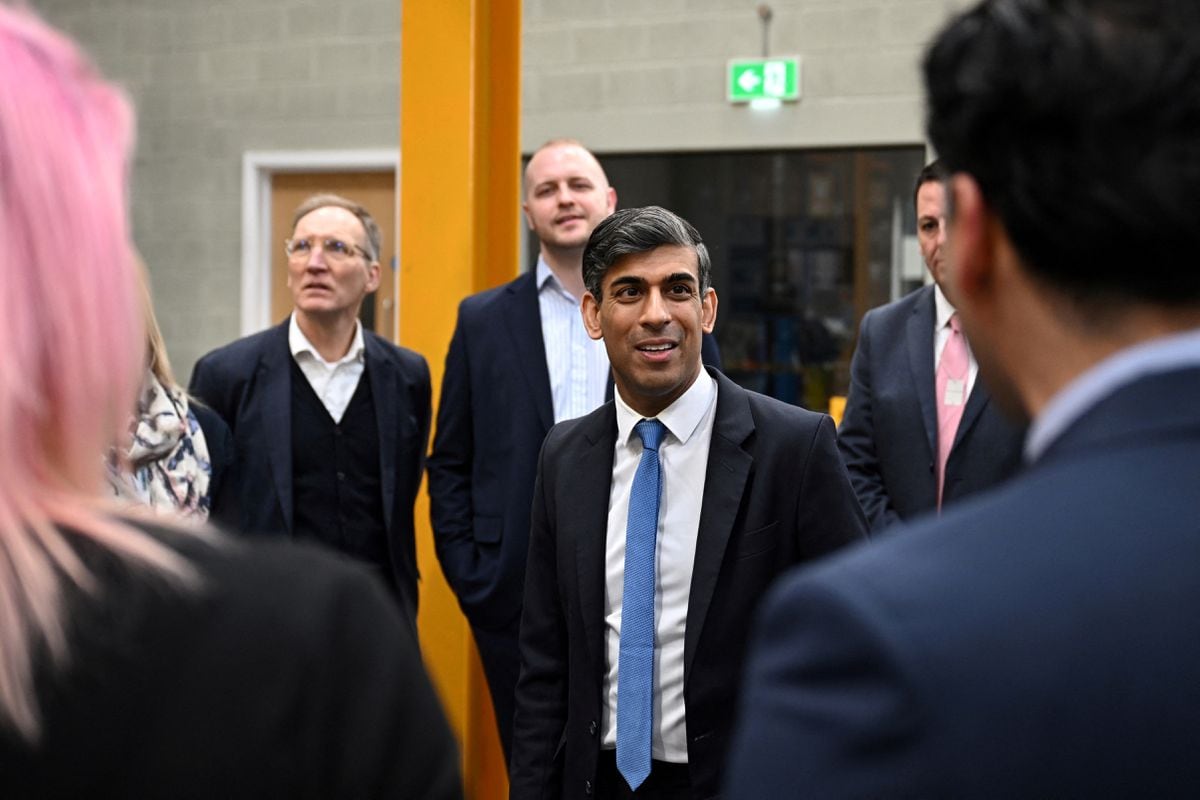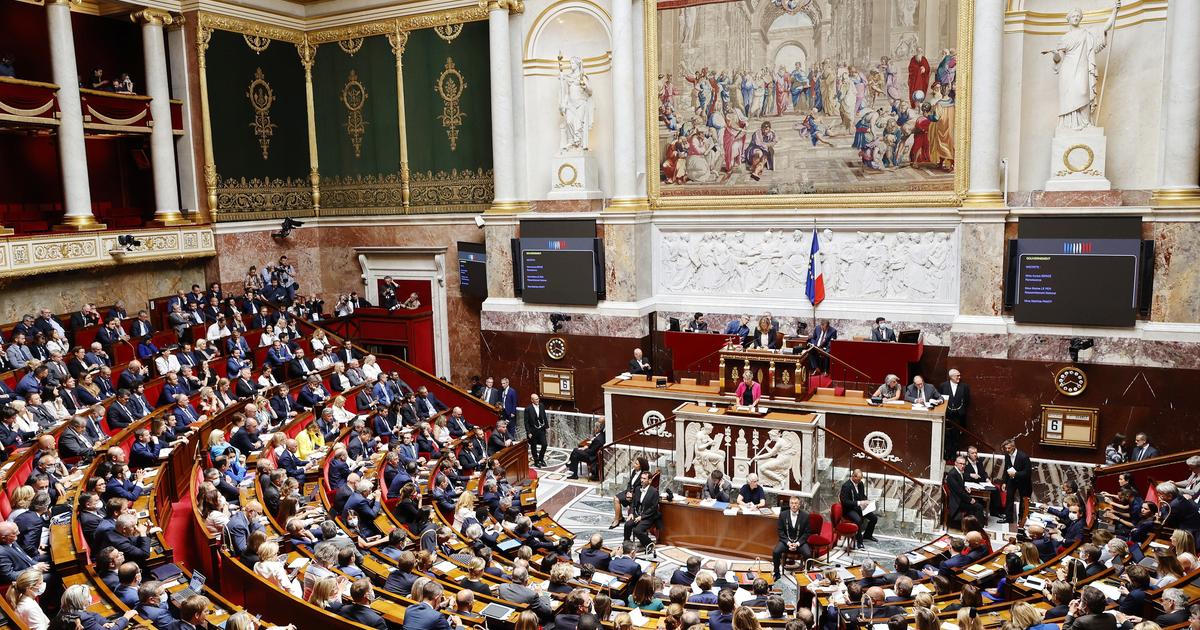There are subjects that one would hardly imagine being invited to international summits.
Charcuterie is one of them.
And yet.
Symbol of the showdown between London and Brussels over Northern Ireland, sausages were on the menu of diplomatic tensions between Emmanuel Macron and Boris Johnson on Saturday on the sidelines of the G7 summit.
Explanations.
Where do the tensions come from?
Six months after the entry into force of Brexit on January 1, the application of the agreement in Northern Ireland remains the main bone of contention between the United Kingdom and the European Union.
Clearly, London refuses to put in place controls on certain goods, in particular chilled meat, fearing that certain products, including its charcuterie, will disappear from the North Irish shelves.
"How would you take it if French justice prevented you from transporting sausages from Toulouse to Paris?"
“, Boris Johnson launched on Saturday in front of his French guest.
A comparison that Emmanuel Macron would have considered anything but relevant, "since Paris and Toulouse are part of the same country".
It did not take more to stir up the anger of the leader of the Conservative Party.
Read also Brexit: five minutes to understand the tensions in Northern Ireland
According to the Telegraph, the tenant of 10 Downing Street, would have retorted angrily that "Northern Ireland and Great Britain are also part of the same country".
France was then accused of denying the territorial integrity of the island state.
Asked about the BBC, Foreign Minister Dominic Raab hit the nail on the head, lamenting that "some EU figures consider Northern Ireland a separate country".
What does Brexit mean for Northern Ireland?
Northern Ireland has been an integral part of the United Kingdom since the beginning of the 1920s. Since January 1, Brexit has therefore brought Northern Ireland out of the EU, just like England. 'Scotland and Wales. But the province remains geographically closer to the Republic of Ireland than to its historic allies. "London wanted to avoid any return of violence between the two territories and pleaded so that there is no physical border between the South and the North", underlines with the Parisian, Patrick Martin Genier professor at Sciences-po and at INALCO, specialist in Europe.
Brexit therefore plans to leave Northern Ireland in the customs union and the single European market.
However, with one major specificity: checks must be carried out on goods crossing the Irish Sea from Great Britain.
But these customs formalities have caused tensions in supply chains in Northern Ireland.
“British companies were not ready to carry out such checks.
We then saw delivery delays and shortage problems multiply in supermarkets, especially in the food industry (cold meats, fruits, vegetables) ”, specifies the teacher.
What does the UK plan to do?
In the face of supply chain tensions, London has granted companies a "grace period" to postpone checks and deliver the island without disruption.
If this transitional measure is supposed to end on June 30, the British government hopes to see it extend beyond, notes the Telegraph.
A unilateral postponement which is not to Brussels' taste.
Because for the EU, London must keep its word and stick to the signed agreements.
"If the UK takes further unilateral steps in the coming weeks, we will be sure to react swiftly, firmly and decisively to ensure that the UK meets its international legal obligations," the Commission Vice-President warned. European, Maros Sefcovic.
Towards a political impasse?
For months, the North Irish dossier has poisoned the application of the Brexit agreement. A conflict which, beyond the logistical difficulties, plunged London into a political impasse, believes Patrick Martin Genier. “On the one hand, if Boris Johnson does not respect the planned terms, the European crisis risks getting bogged down even more. On the other hand, if he decides to apply the texts, it could awaken community tensions in the region and the anger of Unionists
(Editor's note; the Northern Irish who want Ireland to continue to be part of the United Kingdom )
who believe that these controls make them look like second-class citizens, ”explains the teacher.
A sign that tensions are continuing, the Unionists have still marched every week since March against a protocol that they consider dangerous for the British identity. "The fear is to eventually see new clashes erupt as in Belfast last April," notes Patrick Martin Genier. And the recent arrival at the head of the Northern Irish government of Paul Givan, a hard-core Protestant of 39 years, calling for the simple abandonment of the protocol, leaves little hope for a rapid resolution of the conflict.





/cloudfront-eu-central-1.images.arcpublishing.com/prisa/PWWJZJX4RNHDPFBDM57S7RFHGQ.jpg)
/cloudfront-eu-central-1.images.arcpublishing.com/prisa/W7LXNNLUAS4RTRH4YTRS7U3MAU.jpg)








